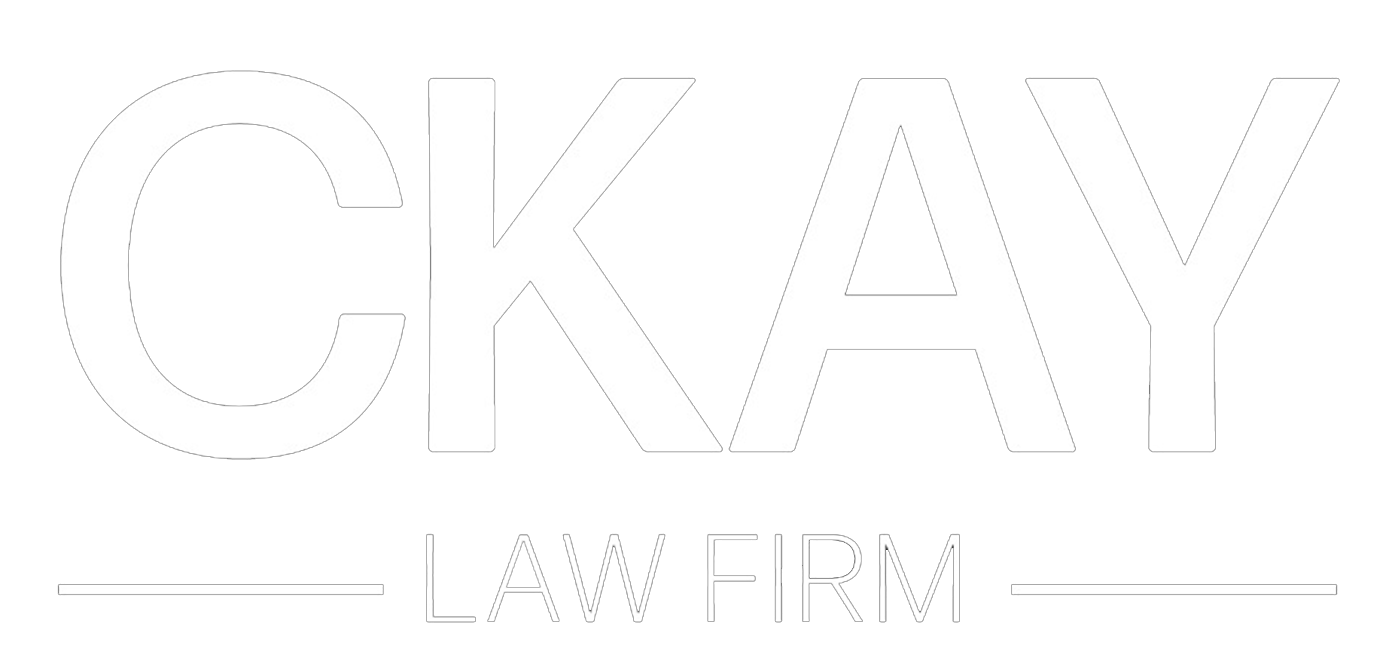
Learn about the Contract of Work, its essential elements, obligations, defect liability, and legal options under Turkish Law.
A contract of work, as defined under Article 470 of the Turkish Code of Obligations (Law No. 6098), refers to an agreement where the contractor commits to completing a specific task or creating a product, and the client agrees to pay for it. This type of contract imposes obligations on both parties, with the understanding that it is not a continuous relationship, but a project-based one.
Key Elements of a Contract of Work
The primary components of a contract of work include the contractor’s obligation to perform the work and the client’s responsibility to compensate for it. These two elements — “performance” and “payment” — are fundamental to the contract. Although sometimes confused with a service agreement, a key difference is that a contract of work allows for more independence between the parties. In a service agreement, there is an additional element of “dependence“, where the client has oversight over the contractor. In contrast, a contract of work provides more autonomy to the contractor.
Obligations of The Contractor
- Completion and Timely Delivery of the Work: The contractor’s primary duty is to complete the agreed work or product and deliver it within the specified timeframe. In doing so, the contractor must consider the legitimate interests of the client.
- Duty of Diligence and Care: The contractor must act with the prudence of a diligent businessperson, adhering to standards of loyalty and care during the project.
- Execution of The Work Personally or Under Supervision: The responsibility for completing the work lies with the contractor. However, unless the contract requires the contractor’s personal skills, they may delegate the task to another, provided it is done under their supervision.
- Provision of Tools and Equipment: According to Article 471 of the Turkish Code of Obligations, unless otherwise agreed, the contractor is responsible for providing the necessary tools and materials to complete the work.
- Liability for Defective Materials: If the contractor provides the materials, they are responsible for any defects. However, if the client supplies the materials and they are defective, the contractor must notify the client immediately to avoid liability.
- Notification Obligation: If there are issues caused by faulty materials provided by the client or any other factors preventing timely delivery, the contractor is required to inform the client. Failure to do so may result in the contractor being held accountable.
Obligations of the Client
- Payment Obligation: The client’s main responsibility is to compensate the contractor for the completed work. If the payment terms are not specified, the amount will be determined based on the market value at the time and place of delivery, along with the contractor’s expenses.
- Inspection and Notification Duty: The client must examine the delivered work within a reasonable timeframe and promptly inform the contractor of any defects. Failure to do so will prevent the client from holding the contractor liable.
Defects in The Work
In the context of a contract of work, defects can be categorized as either visible or hidden:
- Visible Defects: These are flaws that can be easily identified upon inspection. According to Article 474 of the Turkish Code of Obligations, the client is obliged to inspect the work as soon as possible and notify the contractor of any visible defects within a reasonable period.
- Hidden Defects: These are flaws that are not immediately noticeable and may only become apparent after the work has been used. Article 477 addresses hidden defects, stating that the client must inform the contractor as soon as the defect is discovered. Failure to do so will imply that the client has accepted the work as is.
Conditions For Liability in Case of Defects
To hold the contractor liable for defects, several conditions must be met:
- The work must be completed and delivered.
- The defect must exist in the delivered work.
- The defect must not have been caused by the client.
- The client must fulfill their inspection and notification duties.
- The work must not have been accepted by the client.
- Once these conditions are met, the contractor can be held responsible for the defect, and the client may exercise certain rights under the law.
Client’s Options in Case of Defective Work
If the delivered work contains defects and the client has met their obligations under the contract, they are entitled to several remedies according to Article 474 of the Turkish Code of Obligations:
- Right to Withdraw From The Contract: If the defect renders the work unusable or unacceptable, the client may withdraw from the contract.
- Right to Request a Reduction in Price: The client may keep the defective work and request a reduction in the agreed price. The discount will be based on the extent of the defect.
- Right to Request Repairs: If the defect can be repaired without excessive cost, the client may request that the contractor repair the work at no additional charge. However, if the repair is unreasonably costly or impractical, this option may not be available.
- Right to Compensation: In addition to the above rights, the client may also seek compensation for any losses incurred due to the defect. Exercising other options does not negate the right to claim damages.
Statute of Limitations For Defects
When defects are present in the completed work, the client has the right to take legal action. The statute of limitations for filing such claims is:
- Five years from the delivery date for real estate structures.
- Two years for other types of work or services.
- However, if the defect is due to gross negligence, the limitation period is extended to 20 years.


